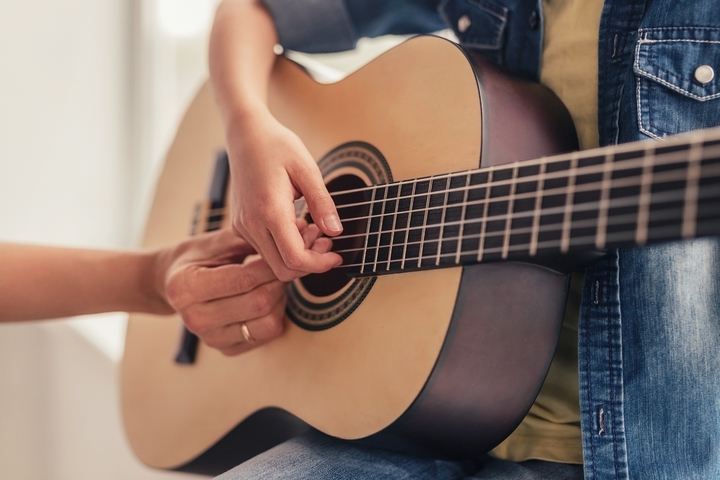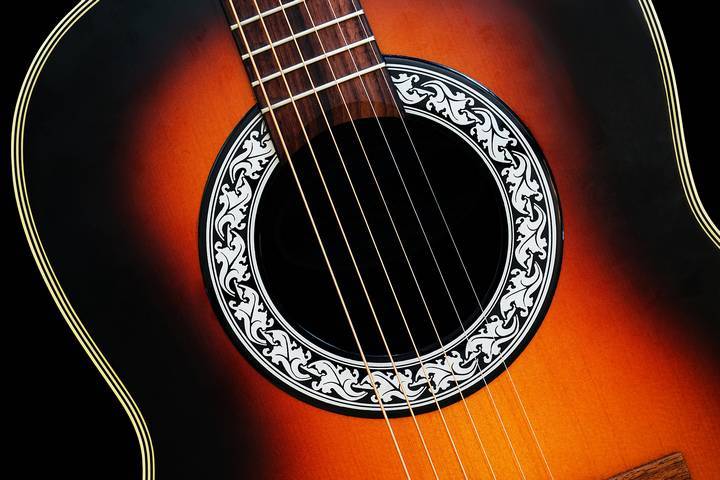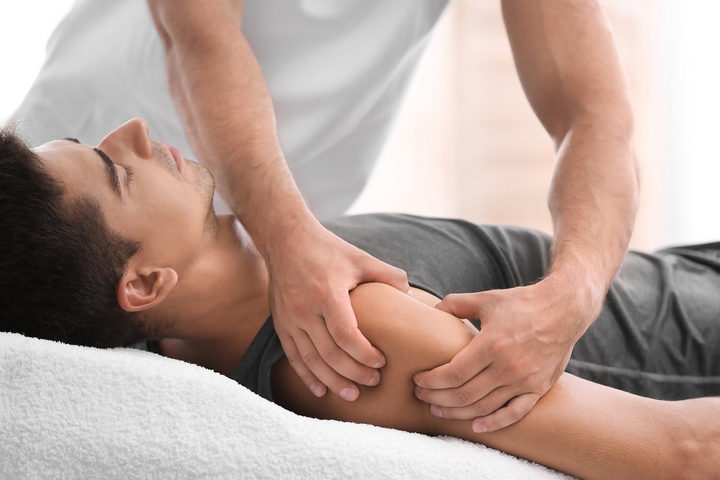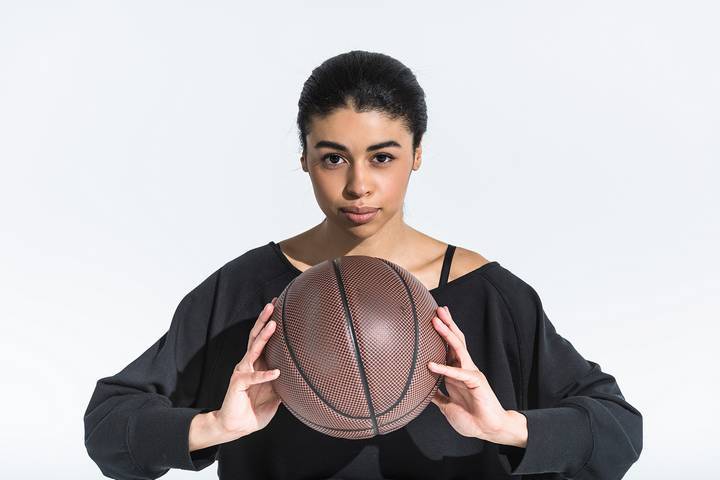Learning the guitar is an exciting experience full of possibilities. Picking up this skill doesn’t just bring the joy of achievement; it also lets you express yourself through music. While it might seem tough at first, with regular practice and a few helpful tips, you’ll soon be easily playing chords and melodies.
Here are some easy tips for beginners to help you become a skilled guitar player.
Start with the Basics

It’s tempting to jump straight into complex songs, but mastering the basics lays a strong foundation. Start by learning fundamental chords like G, C, D, and E minor. These chords are the building blocks of many popular songs, and once you get comfortable with them, you can play various tunes right away.
Finger positioning is key here. Press each string down firmly, right next to the fret. This gives you a cleaner sound without buzzing. It may feel awkward at first, but your fingers will get used to the pressure and movement over time. Consistently practicing chord changes will gradually build up your muscle memory, helping you switch between chords smoothly.
Focus on Rhythm and Timing

Understanding rhythm is just as important as learning chords. Good timing makes your music sound smooth and enjoyable. Practising with a metronome can help you improve. Pick the right speed, play along, and try to stay on beat. This handy tool enables you to remain consistent when playing.
Starting with simple strumming patterns also helps. Begin with basic downstrokes and gradually add some upstrokes as you become more confident. A strong sense of rhythm is useful when playing with others or jamming along with songs, making your practice feel more like real music.
Understand Nitrocellulose Lacquer

If you’re just starting out, nitrocellulose lacquer might seem like a fancy term, but it’s good to know if you care about your guitar’s quality and lifespan. This type of finish is used on many guitars, especially those with classic or high-quality craftsmanship. It lets the wood of the guitar breathe better, which can improve its sound over time.
If your guitar has this finish, it might start to sound warmer and more resonant as you keep playing. Over time, it also ages uniquely, giving your guitar a natural, worn look that many players like. If you’re interested in sound quality and how long your guitar will last, looking into guitars with this finish is a good idea as you learn more.
Practice Finger Exercises Daily

Your fingers play a crucial role in guitar playing, and it’s important to build their strength and flexibility. Simple finger exercises can greatly improve your skills. You can start by pressing each fret on one string in order. For instance, use your index finger on the first fret, middle finger on the second, ring finger on the third, and pinky on the fourth. Keep moving up and down the fretboard with this pattern.
This exercise will strengthen and flex your fingers, boosting your accuracy. With regular practice, your fingers will become quicker, making it easier to switch between chords and play solos as you advance.
Listen to Your Favourite Guitarists

Listening is a great way to learn. Find some guitarists whose music you like and pay close attention to their style. Notice how they play with dynamics, rhythm, and phrasing. You’ll pick up techniques you can try in your practice.
Even if you don’t fully understand what they’re doing, listening helps you get familiar with the instrument and sharpens your ear. Once you notice specific patterns or techniques, try to copy them on your guitar. It’s a fun way to push yourself and find new ways to express different moods through music.
Learn to Tune Your Guitar

A key skill for any guitarist is learning how to tune their instrument. If your guitar is out of tune, even the best practice session won’t sound right. It’s worth getting a basic tuner, but you can also try tuning by ear. Pluck each string and pay close attention, adjusting the tuning pegs until the pitch is spot on.
At first, tuning by ear can seem tricky, but you’ll gradually get used to how each note should sound. This skill will sharpen your sense of pitch, which can be helpful in other parts of learning music.
Record Yourself to Track Progress

Recording yourself while playing music is one of the best ways to track your progress. It clearly shows what you’re good at and where you can improve. Use a simple recording device or even your phone to capture short practice sessions or specific songs you focus on.
Listening to these recordings lets you notice the timing, tone, and how cleanly you hit each note or chord. Over time, these recordings remind you of your progress, inspiring you to improve.




